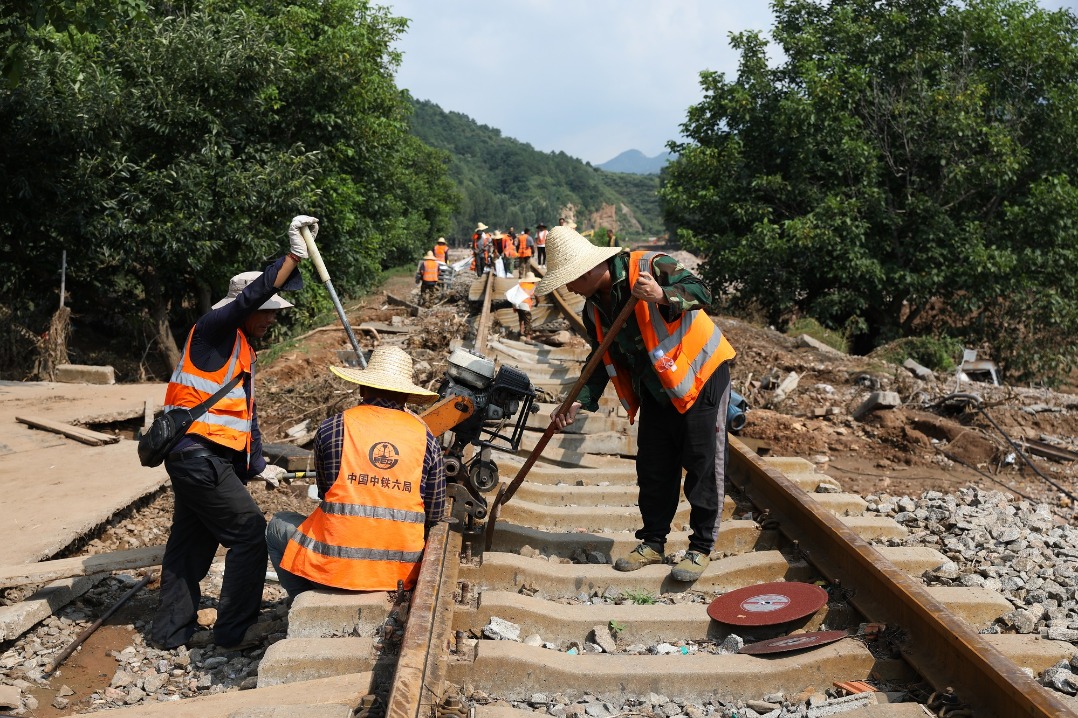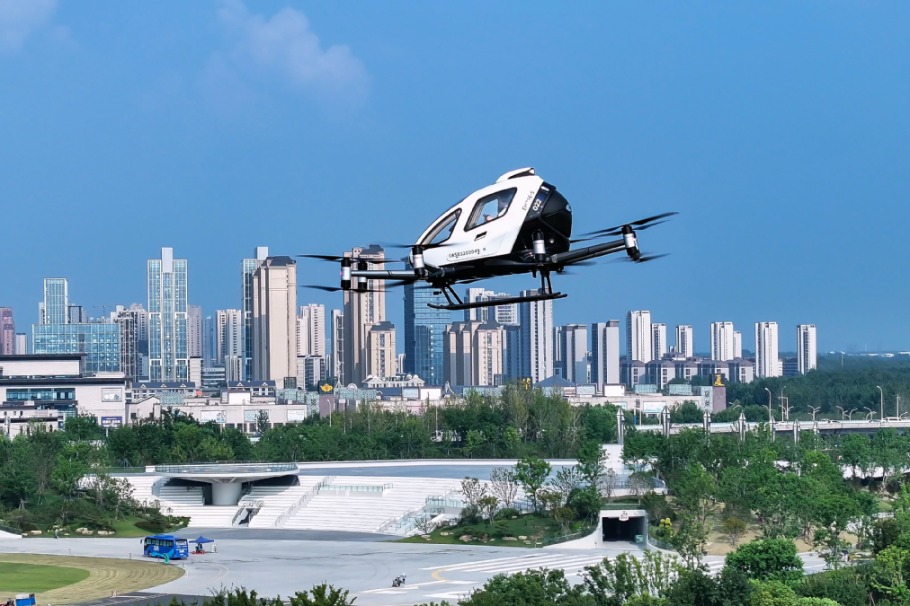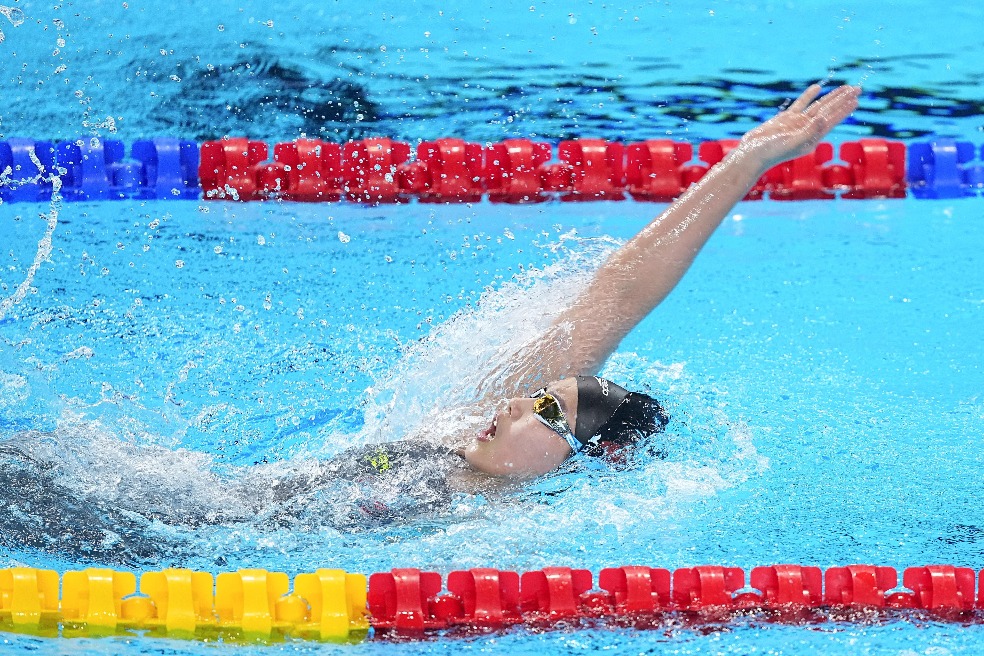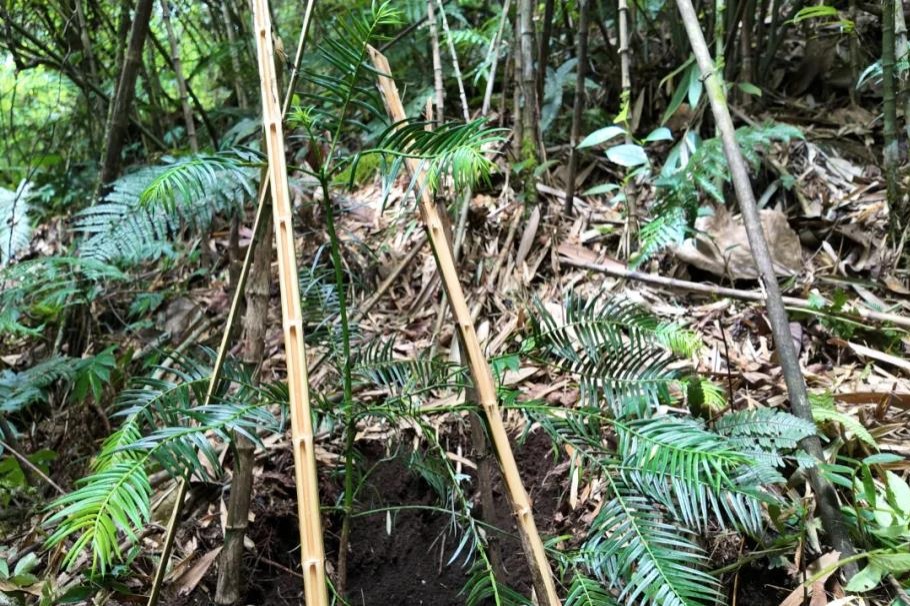Green paths forward
Environmental strategies of developed economies not applicable to all countries, says Indonesian government

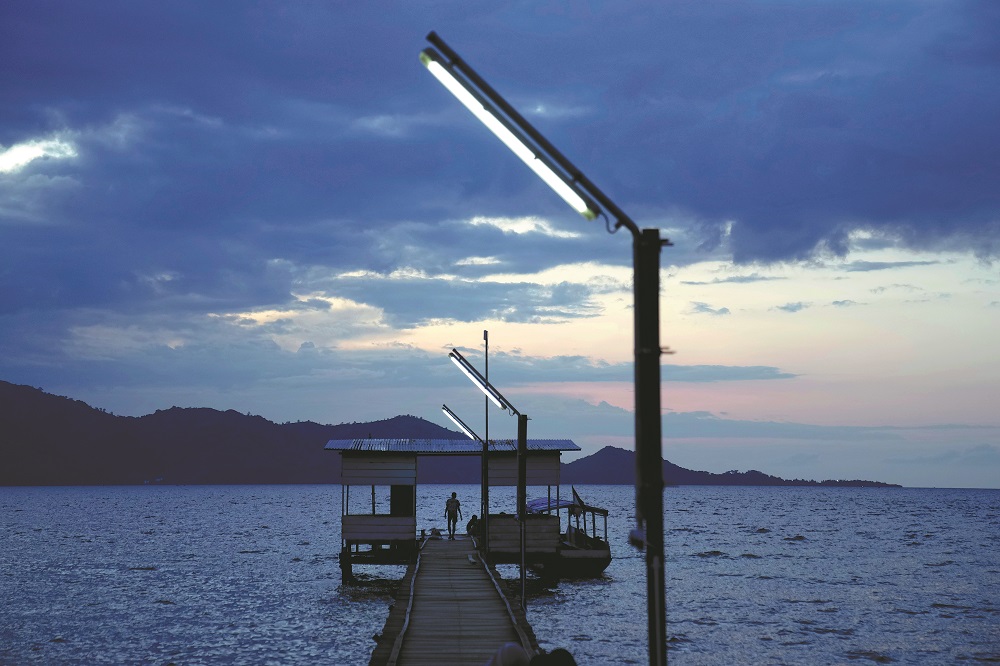
Editor's note: In this weekly feature China Daily gives voice to Asia and its people. The stories presented come mainly from the Asia News Network (ANN), of which China Daily is among its 20 leading titles.
Energy transitions are unfolding everywhere but the stakes for Indonesia's shift are particularly important as it is the world's fourth-most populous country, sixth-biggest emitter of CO2 and top exporter of coal.
Coal accounts for more than 62 percent of Indonesia's power generation, while renewable energy makes up 14 percent. Wind and solar power comprise around 0.2 percent of that mix, far from the global average of 10 percent. The rest of Indonesia's renewable energy comes from hydropower, biofuels and waste-to-energy.
The Indonesian government has reiterated that it will pursue the energy transition at its own pace and in ways that match the country's economic goals and fiscal ability, stressing that the strategies of developed economies will not work for developing countries.
Indonesia's Coordinating Minister for Maritime and Investment Affairs Luhut Binsar Pandjaitan said that the economies of developing countries must still grow, while they pursued emissions reduction.
"We need to avoid being dogmatic about one technology in carbon emissions reduction," Luhut said during the Indonesia International Sustainability Forum, or IISF, in Jakarta in September.
Luhut said that Indonesia would involve the development of the green economy as part of its push toward energy transition.
He cited cooperation with Singapore in developing a solar panel manufacturing industry in exchange for exporting low-emission electricity to the city-state.
Singapore has approved the import of 3.4 gigawatts of electricity from Indonesia.
Luhut also boasted of the country's push into electric vehicle manufacturing and EV adoption among Indonesians.
Moreover, he is eyeing boosting the country's biofuel production, particularly from existing sources of crude palm oil and later exploring the use of seaweed, which it has in abundance.
The Indonesian Energy and Mineral Resources Ministry's new renewable energy and energy conservation director-general, Eniya Listiani Dewi, said that Indonesia would require $55 billion in investment to push its energy transition for the next five years. She said that next year the country would already need its first $14 billion.
She added that establishing a stable grid to effectively manage large shares of intermittent renewable energy sources like solar and wind power remained one of the major challenges to the energy transition in the country.













